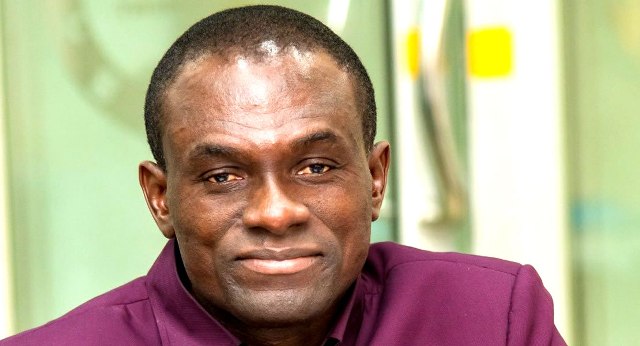Hon. Frank Afriyie, Member of Parliament for Afadjato South, has dismissed the Minority New Patriotic Party’s (NPP) criticisms of the 2026 Budget, describing their economic arguments as ‘Walewale Adam Smith economics.’
The MP slammed the former Akufo-Addo–Bawumia administration, accusing it of economic mismanagement, inconsistent data reporting, and misleading claims about agricultural productivity and fertiliser pricing.
Speaking during the budget debate in Parliament on Thursday, Hon. Afriyie lauded President John Dramani Mahama’s leadership, arguing that Ghana’s current recovery, reflected in strengthened macroeconomic indicators, is the result of disciplined economic management and coordinated policy actions under the new administration.
Also read: Patrick Boamah tears into 2026 Budget: It’s unresponsive and investor-unfriendly
He argued that the fruit of sound economic management being seen and experienced does not occur in a vacuum. “The key difference between the National Democratic Congress (NDC) and the NPP is leadership rooted in discipline,” he said, insisting that the Mahama administration has introduced prudence into public spending.
“There is a new sheriff in town who says we must manage the little we have to make the most impact,” he told the House.
Hon. Afriyie derided the NPP’s defence of its economic record, attributing what he called flawed thinking to former Vice President Dr. Mahamudu Bawumia.
Walewale Adam Smith economics
“Mr. Speaker, I listened in amusement to the last speaker. Certainly, he must be a student of Walewale Adam Smith, otherwise I do not understand how you had inflation at 54 per cent, yet you claim farmers were buying fertiliser at a lower cost. Such contradictions only make sense in Walewale College, where Adam Smith was the teacher,” he said.
The Afadjato South MP challenged the NPP’s assertion that it built 150 factories under the One District, One Factory (1D1F) initiative, saying the figures are inconsistent with unemployment data.
Unemployment, he noted, rose from 5.2 per cent to over 13.6 per cent, a trend he described as incompatible with claims of industrial expansion. “How is that possible? This can only happen when we are dealing with economists who attended the College of Walewale Adam Smith.”
Afriyie referred to reports from The Fourth Estate and Transparency International’s Corruption Perception Index (CPI), arguing that the Akufo-Addo administration performed worse on corruption than any NDC government.
“Mr. Speaker, five years into Akufo-Addo’s presidency, Ghana’s best CPI score was 43 out of 100. This was the worst Ghana ever recorded under John Mahama’s era. If the worst in your predecessor’s time becomes your best, you must check yourself,” he said.
Displaying what he said were official receipts from the Ministry of Finance to the District Assemblies Common Fund (DACF), Afriyie claimed that the Mahama administration has significantly increased allocations compared to the previous government.
Afurikrom Municipality: Under NPP: GH¢1.8 million; Under Mahama: GH¢16.3 million
Offinso: Under NPP: GH¢1.6 million; Under Mahama: GH¢9.6 million
Huni Valley: Under NPP: GH¢300,000; Under Mahama: GH¢8.8 million
“Speaker, these allocations are tied to projects. They are to construct CHPS compounds, hospitals, and markets. This is what we are talking about, sending development to the base.”
Afriyie explained that by empowering local assemblies, the Mahama government aims to reduce rural–urban migration and ease congestion in major cities, especially Accra.
“We want to unleash job opportunities and incentivise the economy at the village level so that the youth can engage in productive services and grow food for the cities. By so doing, we decongest our roads and reduce traffic congestion as well.”
The Afadjato South MP stressed that the 2026 Budget reflects deliberate, long-term priorities aimed at boosting local economies, creating jobs, and sustaining national development.


